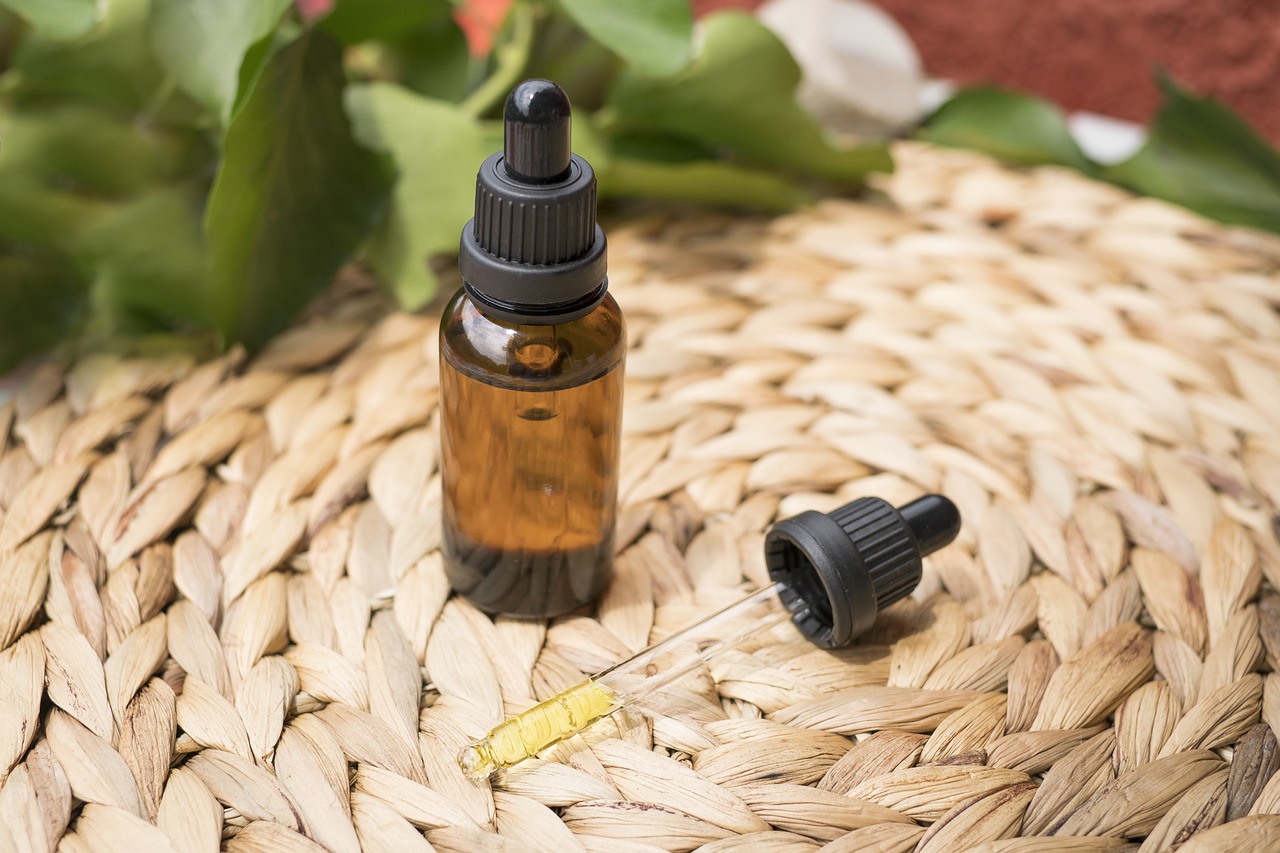How to Choose the Best CBD Oil for Your Needs
Are you looking to incorporate CBD oil into your wellness routine but feeling overwhelmed by the plethora of options available? Don’t worry; we’ve got you covered! Choosing the best CBD oil for your needs doesn’t have to be a daunting task. In this guide, we’ll walk you through the key factors to consider so you can make an informed decision and reap all the benefits that CBD has to offer. Let’s dive in.
Source and Quality
 When selecting a CBD oil, it’s essential to prioritize the source and quality of the product. Opt for transparent brands about where their hemp is sourced from, ideally from reputable farms in the United States or Europe. Look for products that have undergone third-party testing to ensure purity and potency. Quality plays a crucial role in determining the effectiveness of CBD oil. Choose organic oils whenever possible to avoid pesticide exposure and other harmful chemicals. Additionally, factors like extraction methods should be considered. CO2 extraction is often preferred for its efficiency and safety.
When selecting a CBD oil, it’s essential to prioritize the source and quality of the product. Opt for transparent brands about where their hemp is sourced from, ideally from reputable farms in the United States or Europe. Look for products that have undergone third-party testing to ensure purity and potency. Quality plays a crucial role in determining the effectiveness of CBD oil. Choose organic oils whenever possible to avoid pesticide exposure and other harmful chemicals. Additionally, factors like extraction methods should be considered. CO2 extraction is often preferred for its efficiency and safety.
CBD Concentration
When choosing the best CBD oil for your needs, it’s crucial to consider the concentration of CBD in the product. The concentration refers to how much CBD is present in a specific volume of oil. Products with higher concentrations are more potent and may better suit individuals looking for stronger effects. Conversely, lower concentrations are ideal for those who are new to CBD or prefer milder effects. It’s essential to find a balance that works best for you based on your needs and preferences. Start with a lower concentration if you’re new to CBD and gradually increase as needed.
Full-Spectrum vs. Isolate
 When choosing the best CBD oil for your needs, it’s essential to consider whether you prefer full-spectrum or isolate products. Full-spectrum CBD contains a wide range of cannabinoids, terpenes, and other beneficial compounds found in the hemp plant. This can result in what is known as the entourage effect, where these components work together synergistically to enhance the overall effects of the CBD. On the other hand, CBD isolate is pure cannabidiol without any other compounds present. It offers a concentrated dose of CBD with no risk of trace amounts of THC or other cannabinoids. Some people prefer isolates because they want to avoid even minimal levels of THC due to personal preferences or drug testing requirements.
When choosing the best CBD oil for your needs, it’s essential to consider whether you prefer full-spectrum or isolate products. Full-spectrum CBD contains a wide range of cannabinoids, terpenes, and other beneficial compounds found in the hemp plant. This can result in what is known as the entourage effect, where these components work together synergistically to enhance the overall effects of the CBD. On the other hand, CBD isolate is pure cannabidiol without any other compounds present. It offers a concentrated dose of CBD with no risk of trace amounts of THC or other cannabinoids. Some people prefer isolates because they want to avoid even minimal levels of THC due to personal preferences or drug testing requirements.
Consult a Healthcare Professional
 When it comes to choosing the best CBD oil for your needs, consulting a healthcare professional is crucial. They can provide personalized advice based on your specific health conditions, medications, and overall wellness goals. A healthcare professional can help you navigate the vast array of CBD products available and recommend one that best suits your needs. They can also advise on proper dosages and potential interactions with other medications you may be taking. By seeking guidance from a healthcare professional, you ensure that you are incorporating CBD into your wellness routine safely and effectively. Their expertise can help optimize CBD’s benefits while minimizing potential risks.
When it comes to choosing the best CBD oil for your needs, consulting a healthcare professional is crucial. They can provide personalized advice based on your specific health conditions, medications, and overall wellness goals. A healthcare professional can help you navigate the vast array of CBD products available and recommend one that best suits your needs. They can also advise on proper dosages and potential interactions with other medications you may be taking. By seeking guidance from a healthcare professional, you ensure that you are incorporating CBD into your wellness routine safely and effectively. Their expertise can help optimize CBD’s benefits while minimizing potential risks.
As you navigate the world of CBD oils, remember that choosing the best product for your needs is a personal journey. Consider factors like the source and quality of the CBD, the concentration level, and whether you prefer full-spectrum or isolate options. Consulting with a healthcare professional can also provide valuable insights tailored to your specific circumstances. Considering these considerations, you can make an informed decision when selecting the right CBD oil to support your well-being.…




 Knowing the names and amounts of your diabetes medications is crucial for ensuring you are taking the right dosage. Before you click that mail order medication button, make sure to ask your pharmacist about the specific names of each medication prescribed to you, as well as the correct dosages. Understanding this information will help you accurately track your intake and communicate effectively with healthcare providers. The key is to be aware of any generic equivalents or brand name variations that may exist for your medications. Your pharmacist can clarify if there are multiple options available and ensure you have a clear understanding of what you are taking.
Knowing the names and amounts of your diabetes medications is crucial for ensuring you are taking the right dosage. Before you click that mail order medication button, make sure to ask your pharmacist about the specific names of each medication prescribed to you, as well as the correct dosages. Understanding this information will help you accurately track your intake and communicate effectively with healthcare providers. The key is to be aware of any generic equivalents or brand name variations that may exist for your medications. Your pharmacist can clarify if there are multiple options available and ensure you have a clear understanding of what you are taking. If you ever have questions about the timing or frequency of your
If you ever have questions about the timing or frequency of your